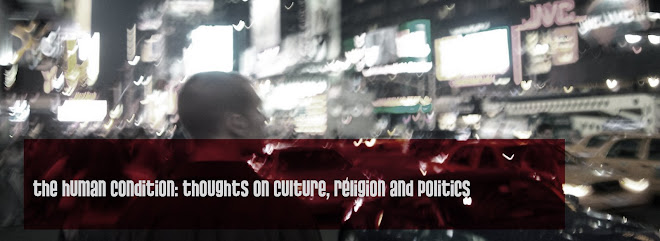For this section I used the new book by Tony Perkins and Harry Jackson called Personal Faith, Public Policy. I just stumbled across it at the book store, and found it to be exactly what I was looking for. I must admit that there was a lot I actually agreed with. I have a feeling though, that the portions I resonated with were written by Harry Jackson rather than Perkins. However, when I first started reading it I thought I was going to be tearing my hair out all the way through. For one, the religious Right like to compare themselves to prophets, like the ones in the Old Testament, calling their nation to moral clarity. This is problematic, because Israel actually was a theocracy -- which the religious Right readily admit America is not -- and, therefore, Israel's prophets had every right to call their nation back to God and remind it of its heritage. Secondly, the book starts out with describing how, starting in the 40's, different liberal groups have been "carrying out a radical anti-Christian agenda" via the courts. Such radical anti-Christian rulings they cite include one where the state of Maryland cannot require applicants for public office to swear they believe in God. Another one ruled that there cannot be excessive entanglement of government and religion, and its primary purpose must not be to inhibit or advance any religion. I could not believe that they characterized such rulings as radical or anti-Christian. What I see is a time in American history where the country was becoming more diverse and less Protestant Christian, so various groups thought that if public funded gatherings or assemblies were to be for everyone then they need not include perfunctory religious ceremonies. I fail to see how these rulings restrict religious freedom.
-------------------------------------------------------------------------------------------------
The religious Right view themselves as a conscience to the nation, calling it back to its heritage and away from secularization. Recently, religious Right leaders Tony Perkins and Harry Jackson Jr. have come out with a book called Personal Faith, Public Policy highlighting the history of the religious Right and its future. In it, they articulate the mission and identity of the religious Right, past and present:
“What prompted Jerry Falwell and others to challenge the public policies of our government and the directions of the broader culture in the early 1980’s after years of isolationist neglect by Christians was the aggression of the Left against America’s long held values. The denizens of the religious Right, then and now, didn’t have a driving desire for power, nor did they want to establish a theocracy… They saw themselves as people of conscience who, over the last half-century, have awakened to a terrible reality similar to what King David saw in his day... The religious Right is made up of people who have been awakened by real concern over government policy and cultural initiatives that were being influenced and shaped by a post-modern world view that was radically secular and hostile toward the Christian faith (Jackson & Perkins, 2008, p. 16-17).”
Jackson and Perkins echo Schaeffer in their concern with the secularization of America and its corruption. Manifestations of this corruption include: removal of prayer in public settings, the breakdown of the family and abortion. And these are the issues that the religious Right has been most invested in. Jackson and Perkins argue that school prayer was the issue that “rapidly advanced” the cause of the Moral Majority. The federal courts banned school prayer in a “string of legal victories” which caused Christian voters to “march into the public policy arena (Jackson & Perkins 2008).” Indeed, to many, these issues are what Christians have come to be known for. Recently there has been an attempt to get a constitutional amendment passed banning gay marriage, and a ban was passed outlawing partial-birth abortion. So the religious Right maintains a relatively high view of America and engages in the political arena focusing on the issues of abortion, religious liberty and the family. On other issues they maintain positions that largely mirror the Republican Party platform, and are in sync with conservative sensibilities. Their counter part, however, what some have called the “religious Left,” takes a different view of America and focuses on different issues.

No comments:
Post a Comment